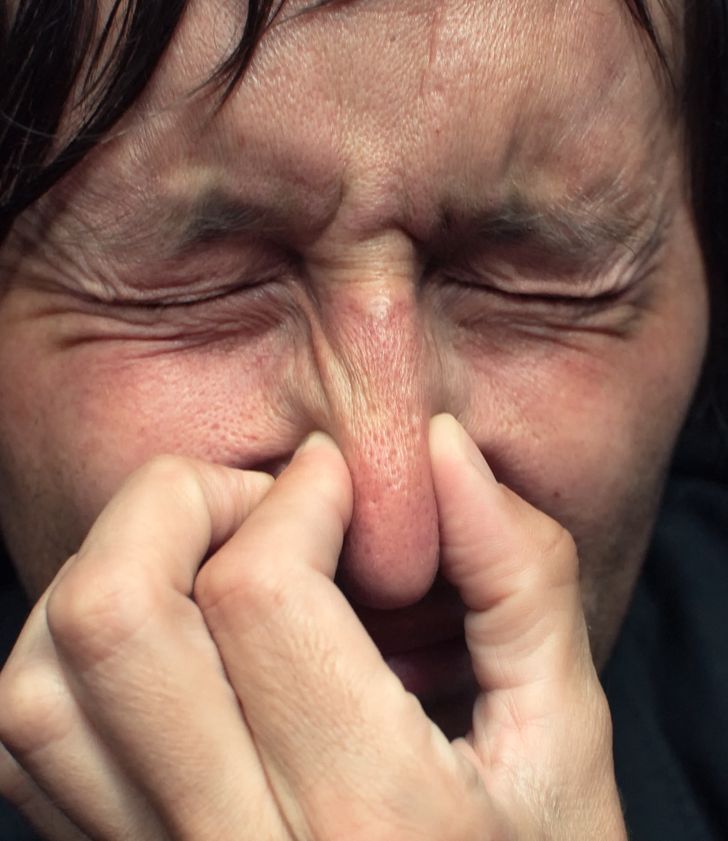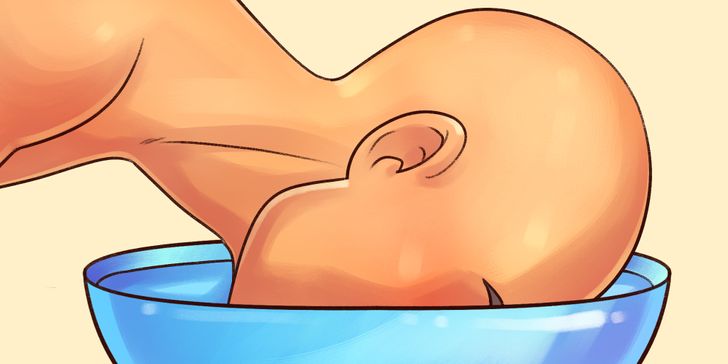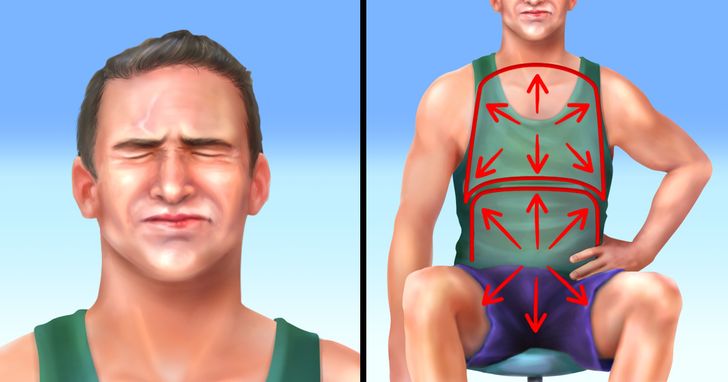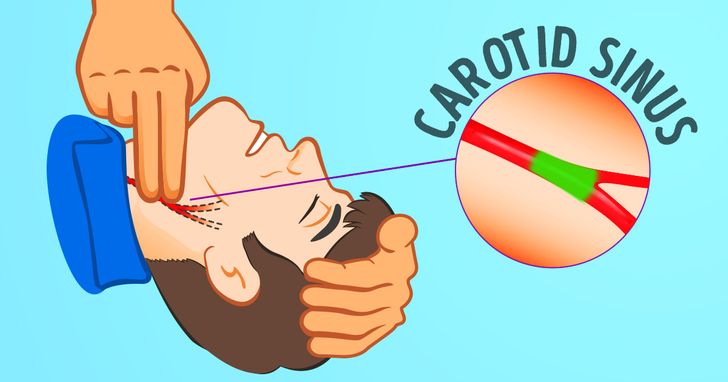A normal heart rate is believed to be between 60 and 100 beats per minute. But some experts tend to think that the ideal resting heart rate is 50 to 70 beats. The causes that can lead to tachycardia can be dangerous (heart disease, anemia) or simply represent our reaction to the conditions we live in (stress, fever, training). If you notice that your heart beats faster, the first thing you should do is go to the doctor.
We care about our readers and have put together a list of techniques that could be the first remedy for this unpleasant situation. If you don’t notice any improvement in your condition for 15 to 20 minutes, call 911.
How Do You Stop Heart Palpitations
Perform The Valsalva Maneuver

The Valsalva maneuver is a breathing technique that leads to several rapid changes in our heart rate.
How to do that:
- Pinch your nose closed with the fingers of one hand;
- Close your mouth’
- Exhale, as if you are inflating a balloon;
- Bear down, as if you are having a bowel movement;
- Do this technique for about 10–15 seconds.
Listen To “weightless” By Marconi Union
There is a song that has been shown to reduce anxiety levels by 65%. Marconi Union created this composition in close collaboration with Lyz Cooper, the UK’s leading sound therapist and founder of the British Academy of Sound Therapy.
Combining bass, rhythm, and harmony, this music helps lower heart rate and blood pressure, as well as lower cortisol levels.
Use Cold Water

This method is effective because it stimulates the vagus nerve which, above all, helps control the heartbeat. If you think your heart rate is racing, try splashing cold water on your face.
You can also submerge your face in a sink or large container of cold water. Keep your face underwater as much as you can.
Bear Down

This technique is close to the Valsalva maneuver described above. It consists of 2 steps:
- Clench your stomach muscles and your anal sphincter;
- Bear down as if you are having a bowel movement.
Perform A Carotid Sinus Massage

Carotid sinus massage also helps with a racing heart. This artery runs down our throat along the vagus nerve. A gentle massage of this artery with the fingertips will stimulate the neighboring nerve and slow down the heart rate.
Drink Ice Water

Based on this research, there is a simple way to lower your heart rate. All you need to do is drink ice water. When a person drinks ice water, it stimulates the vagus nerve. This, in turn, causes the heart to slow down like a natural reflex.
Do you know of any other tips that can help reduce your heart rate? Add your tips below and share this article with people who have this problem.


